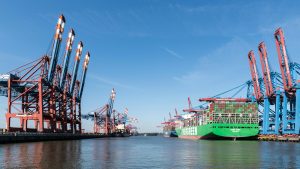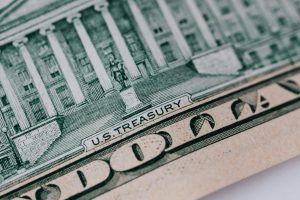Legal Protections for Journalists in Hostile Environments
Welcome to the world of journalism, where the pursuit of truth often comes at a high price. Journalists all over the world put their lives at risk every day to report on stories that matter. While many countries have laws in place to protect the freedom of press and journalists, this is unfortunately not the case in all parts of the world. In hostile environments where the media is heavily censored and the government is not held accountable, journalists face numerous threats and risks. In this article, we will explore the legal protections available for journalists working in such difficult and dangerous conditions.
The Importance of Legal Protections for Journalists
Journalists play a crucial role in a democratic society. Their job is to provide the public with information, expose corruption and injustice, and hold those in power accountable. By doing so, they serve as watchdogs of society and help ensure transparency and accountability. However, this important work often makes journalists a target for retribution and retaliation. It is vital for the government to provide legal protections for journalists to ensure their safety and the integrity of their work.
International Legal Protections for Journalists
Universal Declaration of Human Rights
The Universal Declaration of Human Rights, adopted by the United Nations General Assembly in 1948, is the cornerstone of international human rights law. Article 19 of the declaration states, “Everyone has the right to freedom of opinion and expression; this right includes freedom to hold opinions without interference and to seek, receive and impart information and ideas through any media and regardless of frontiers.” This declaration applies to all individuals, including journalists, and establishes their right to freedom of expression, which includes the right to report on the news without facing repercussions.
International Covenant on Civil and Political Rights
The International Covenant on Civil and Political Rights (ICCPR) is a legally binding international human rights treaty. It includes provisions for the protection of freedom of expression and the press. Article 19 of the ICCPR states that everyone has the right to hold and express opinions without interference. It also ensures the right to seek, receive, and impart information and ideas through any media.
Legal Protections for Journalists in Hostile Environments
Protection from Physical Harm
Journalists who work in hostile environments often face physical violence, threats, and intimidation. Governments have an obligation to ensure the safety of journalists and prosecute those who commit acts of violence against them. The United Nations has established a Plan of Action on the Safety of Journalists and the Issue of Impunity, which calls on governments to implement measures to protect journalists from physical harm.
Right to Access Information
The right to access information is a fundamental aspect of freedom of the press. Journalists need access to official documents and information to report accurately and hold the government accountable. In countries where access to information is restricted, journalists often face legal repercussions for publishing such information. This hinders their ability to do their job and undermines press freedom. Governments should protect the right to access information and ensure that journalists are not punished for reporting on official information.
Legal Protections for Investigative Journalists
Investigative journalism plays a crucial role in uncovering corruption, human rights violations, and other sensitive issues. However, this type of reporting is often met with retaliation from those being exposed. To protect investigative journalists, some countries have implemented whistleblower laws that provide legal protection for sources and journalists who expose wrongdoing. Such laws also protect journalists from legal action, threats, and intimidation.
In Conclusion
Journalists have a vital role in society, and it is the responsibility of governments to provide them with legal protections. The freedoms of expression and the press are fundamental human rights that must be protected. In hostile environments, where journalists are at a high risk of facing harm, legal protections are not only necessary, but they are also crucial for ensuring that the truth is brought to light. Governments must take action to protect the safety and freedom of journalists, as this is essential for a free and democratic society.










